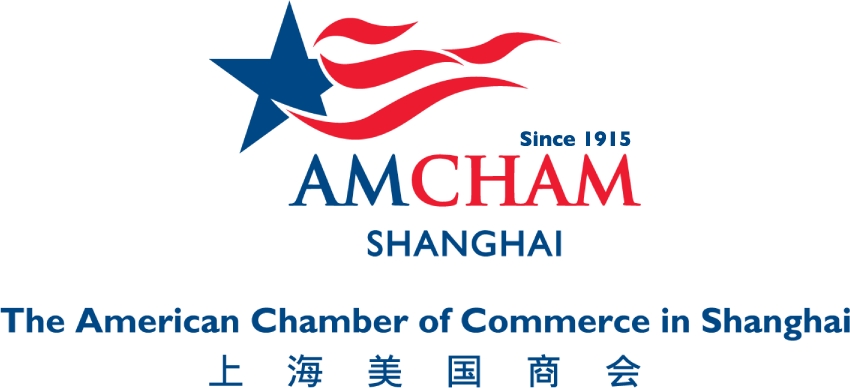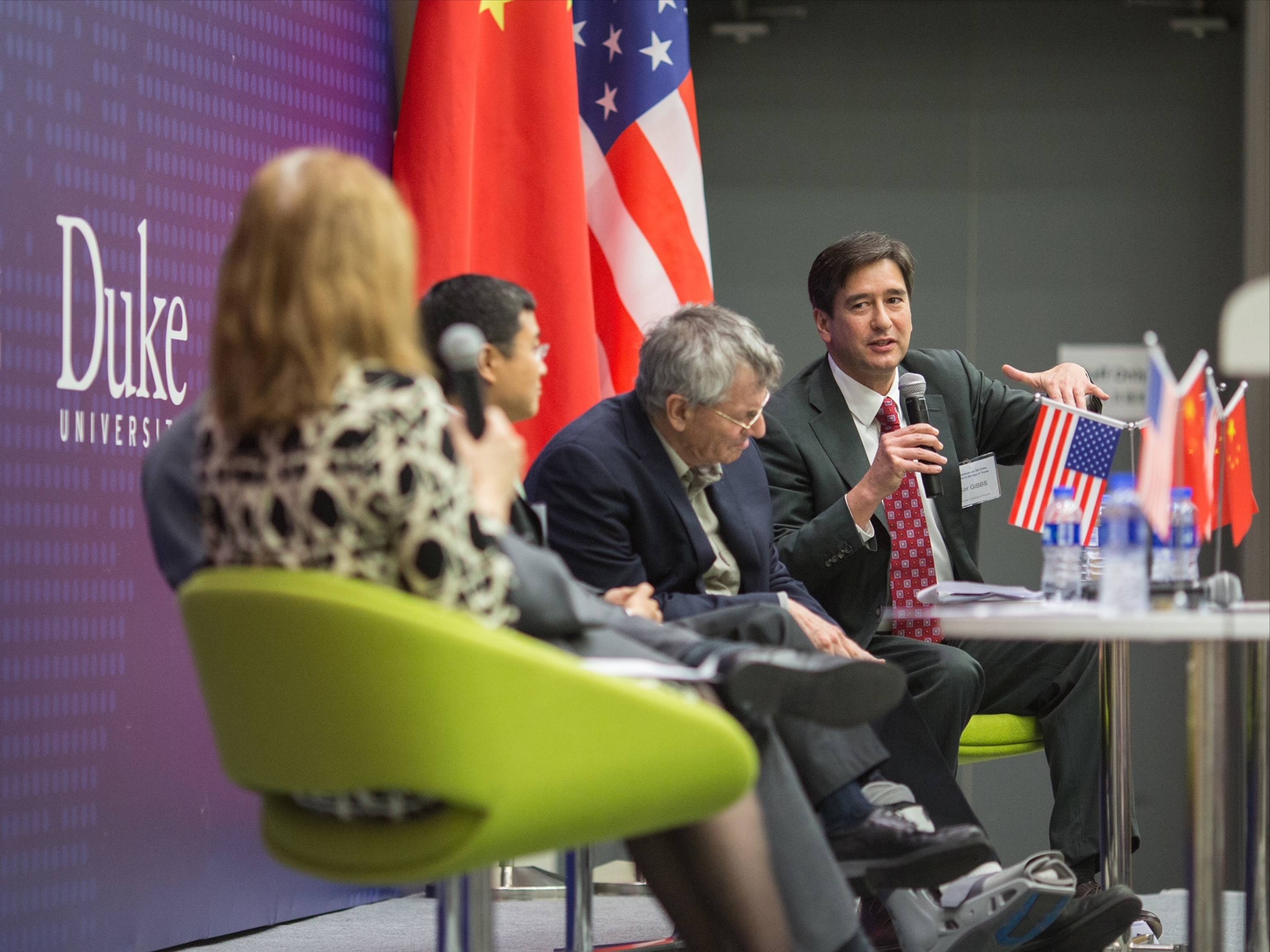
The following answers to questions posed by the California Chamber of Commerce are from Ker Gibbs, president of the American Chamber of Commerce in Shanghai.

AmCham Shanghai
Please tell us a bit about the American Chamber of Commerce in Shanghai, services you provide and activities.
We have a long history in China. AmCham Shanghai was founded in 1915. Today we have 3,000 members, representing most of the Fortune 500 companies as well as American entrepreneurs and small business owners.
We provide a wide range of services, from training programs and health insurance to help with government relations. Our staff of 50 or so people helps members stay informed and maintain close contacts with Chinese officials in Shanghai and the surrounding cities. We organize visits and round table discussions for members, and advocate issues on their behalf.
There are some tax law changes coming up, for example, that will impact foreign companies in China in a big way. For issues like this we form a task force of members so all voices can be heard.
Our publications team puts out a magazine for members and a weekly electronic newsletter covering important business, economic and policy matters. We also produce podcasts and video interviews with key business and policy figures. AmCham Shanghai conducts industry surveys and puts out an annual China Business Report, a must-read for any foreign businessperson in China.
AmCham Shanghai membership is organized around 20 or so industry committees, representing everything from health care to automotive, and of course financial services. Shanghai is the financial and commercial center of China, so most of the large banks and insurance companies are based here.
We host about 400 events per year. Some are small, invitation-only events, but others are quite large. We host a government relations dinner, for example, where the U.S. ambassador to China would attend along with many Chinese government officials. We also organize a delegation of members to visit Washington D.C., where we meet with administration officials and with Congress.
As a “non-government organization,” AmCham Shanghai maintains an independent voice that advocates on behalf of business. That means we leave the sensitive national security issues to the two governments to work out, although this has become increasingly difficult. Export controls and sanctions and Chinese counter-sanctions have narrowed the space where foreign businesses can operate. Compliance has become very challenging.
China-California Relations
How do you support the unique relationship between Shanghai/China and California?
We have recently put more focus on cross-border business between the United States and China, in particular looking to help California businesses export to China. This reflects our broader mission, which is to support strong commercial ties between the two countries.
As we know from the headlines, there is a great deal of tension in the relationship, driven largely by a perception that China has benefited from trade with the United States more than we have. Also, the Biden administration has been clear that any new trade deals will need to bring specific benefits to American workers. We support that. Our members operating in China bring revenue and profit back to the United States, but the positive impact on employment has been more difficult to demonstrate.
AmCham Shanghai is hosting webinars on cross-border and market entry, specifically aimed at California businesses that are looking to export for growth.
For example, a recent article offered readers a granular perspective on Chinese e-commerce platforms and how to use them in a market where consumer tastes change very quickly. AmCham Shanghai also can help match companies with advisers and experts that can help get them into the China market without having to travel.
COVID-19 Impact
As countries slowly start to recover from the pandemic, what is the economic impact of COVID-19 on businesses in China?
In China, the pandemic has certainly changed the way we do things, but it hasn’t had the severe negative impact on business that we’ve seen in other parts of the world.
In the early days of the pandemic, we saw China impose large-scale quarantines and other measures that we thought would be impossible for us to implement in a democracy like the United States. Over time, the foreign business community has come to accept the contact tracing and mask mandates as a necessary inconvenience, especially as the public health measures appear to be quite effective at controlling the outbreaks.
As a result, business has been quite good, even through 2020. In 2021, business has fully recovered — all but the few businesses that are directly impacted by COVID controls. The airlines, theme parks and movie theaters, for example, will be slower getting back to normal.
The restrictions on international travel are likely to be in place for some time, but that should not stop businesses from operating as usual, or taking advantage of China as a market. Most of our members are anticipating excellent growth in 2021 as the Chinese consumer market continues to expand.

